We use audience measurement tools (such as Google Analytics 4 and Clarity) via Google Tag Manager to understand how the site is used and to improve it. The data is used for statistical purposes and is not used for targeted advertising.
Capacity building: our partner in Iraq is now accredited to clear improvised mines
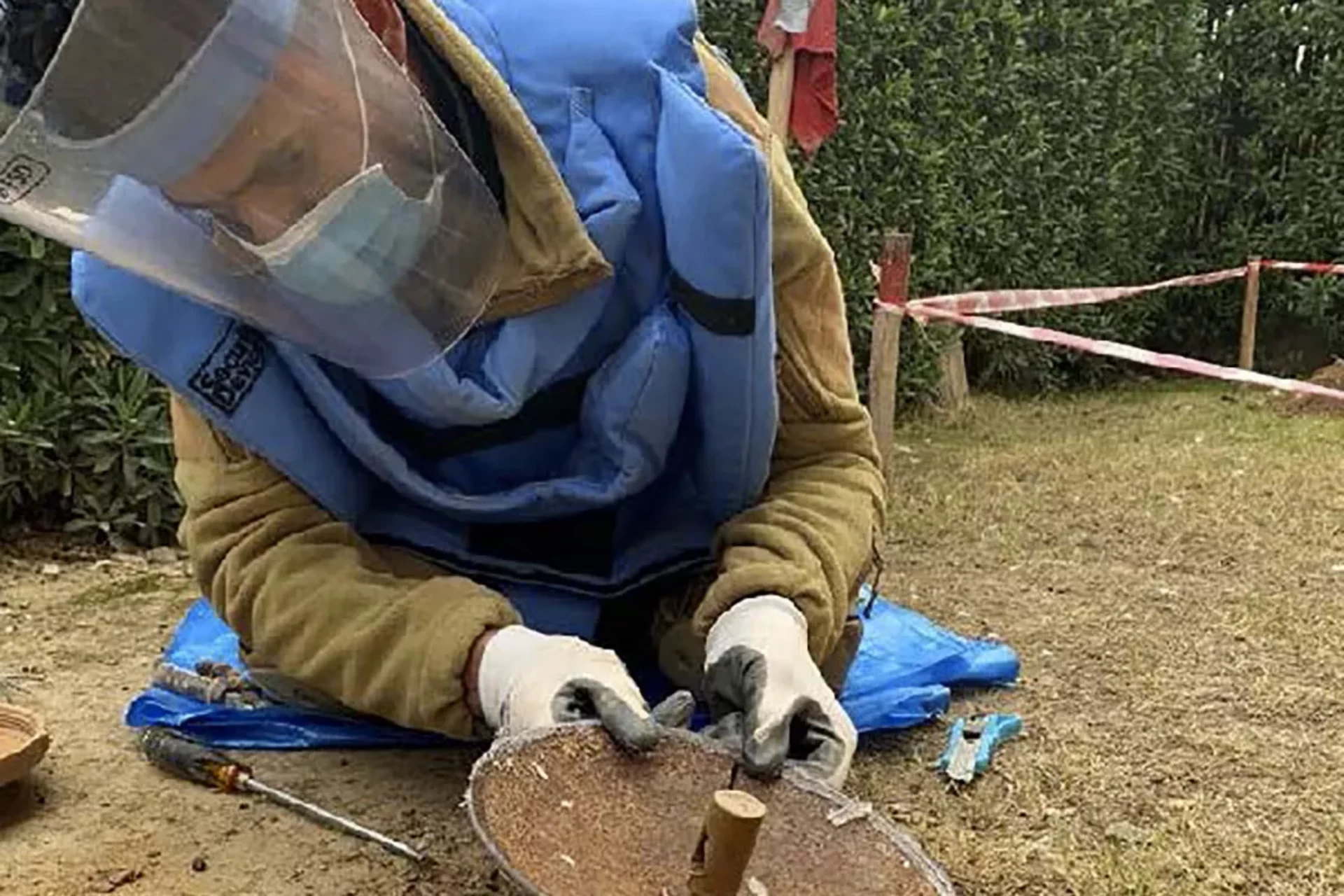
Since January 2021, our experts in Iraq have been training, advising and mentoring a local NGO, Shareteah Humanitarian Organization (SHO). The ultimate goal of this project is to enable Iraqis to undertake the demining of the country independently. This project is being carried out with the support of the United Nations.
After months of practical training, SHO staff now have the necessary skills to carry out all stages of the demining process, from preliminary surveys to locating and clearing explosive devices. FSD has also helped SHO to strengthen its administrative, financial and managerial skills, which are essential for effective demining operations.
This process concluded with the accreditation of the organisation by the Iraqi authorities last November, and the achievement of SHO’s first fully autonomous demining tasks.
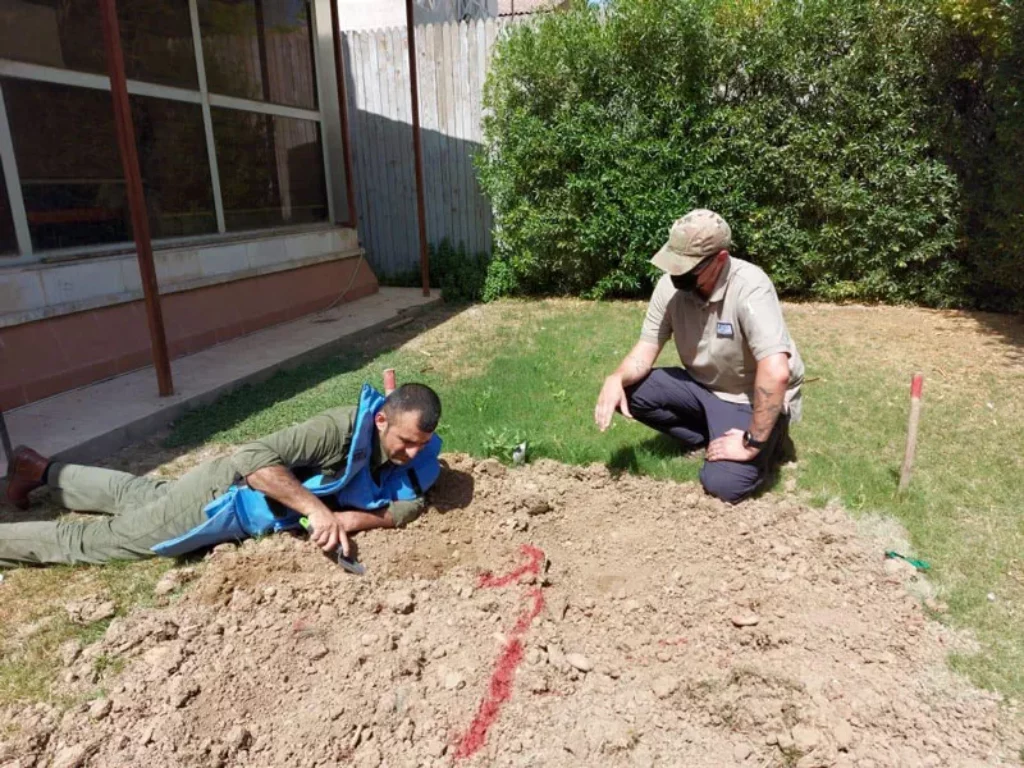
One of SHO’s first achievements was the clearance of mines around a football field in the village of Sultan Abdullah. Located about 50 km south-east of Mosul, the village was in the hands of the Islamic State from June 2014 to October 2016. Many villagers were killed, others fled, houses were destroyed and booby-trapped by explosive devices.
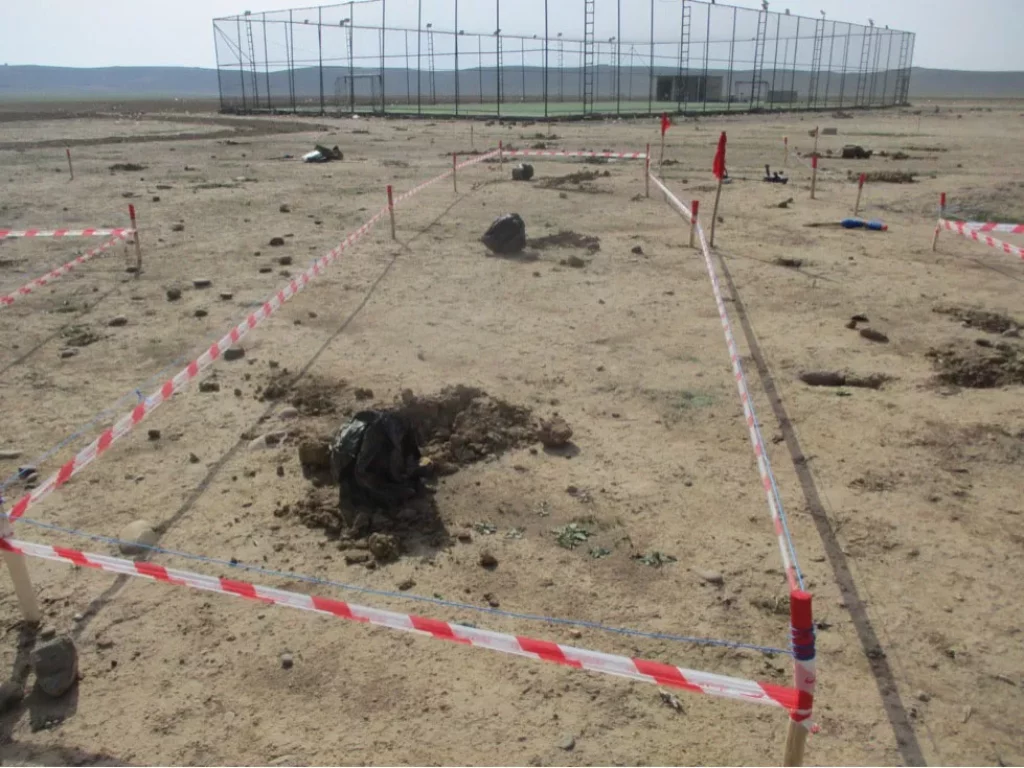
The Islamic State combatants booby-trapped buildings and fields, as well as a road linking the village to the nearby town of Tel al-Reem and laid explosive devices around the football field. Built in 2014, this was the only recreational and sports facility in the area.
Over the last few years, four accidental explosions have been recorded in the village of Sultan Abdullah. One person was killed and three injured. In March 2022, SHO deminers cleared the area, neutralising sixteen improvised landmines and one unexploded ordnance.
Today, displaced families are returning to their homes, the road to the nearby village of Tel al-Reem has been reopened, and villagers are once again using the football field.
The residents of Sultan Abdullah also pointed out that the contaminated area was close to electricity poles, some of which containing electricity transformers. These were impossible to service due to the presence of explosive devices in the area, but are now accessible for repair and maintenance.
View all

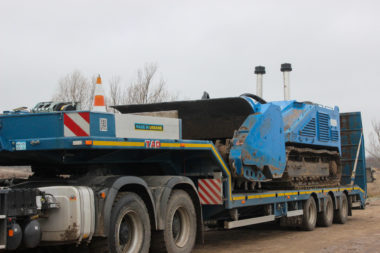
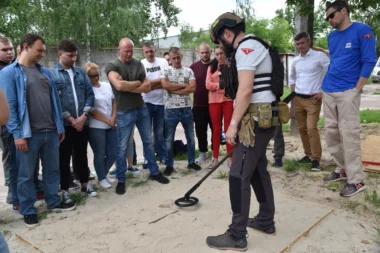

QR Codes to Save Lives
In Kharkiv province, Ukraine, residents live every day with the invisible yet very real presence of explosive remnants of war. FSD…
Prevention and risk education

FSD strengthens Ukraine’s mechanical demining capacity with new SECO-funded project
FSD has launched a new project funded by the Swiss State Secretariat for Economic Affairs (SECO) to help the State…
Machines, drones and technology Humanitarian demining Non catégorisé

How to become a deminer?
FSD’s deminers come from all walks of life: farmers, teachers, IT specialists and many others. Many have had their lives…
Humanitarian demining Iraq